
The American Academy of Pediatrics updates guidelines, allowing doxycycline use in young children for tick-borne infections, enhancing treatment options.

The American Academy of Pediatrics updates guidelines, allowing doxycycline use in young children for tick-borne infections, enhancing treatment options.

Ruth Lynfield, MD, discusses an approach clinicians can take in counseling parents who may have concerns about vaccines.

“There was no effect of lenacapavir on either estrogen containing or testosterone-containing regimens, no decrement in estradiol or testosterone levels," said Jill Blumenthal, MD, MAS.
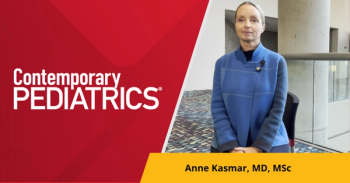
Anne Kasmar, MD, MSc, highlighted how AMR innovation relies on immune-based science, novel modalities, and strong regulatory collaboration at IDWeek 2025.

Key highlights from the conference included public health, advocacy for vaccines, and artificial intelligence.

Zoliflodacin study investigator Sarah McLeod, PhD, highlights data presented at IDWeek 2025 in this Q&A with Contemporary Pediatrics.

In this brief clip, Lori Handy, MD, MSCE, of CHOP, explains the evolving dynamic of trust between patients, parents, and health care.

Lori Handy, MD, MSCE, discussed how clinicians can strengthen vaccine communication by engaging openly and partnering with trusted community messengers.
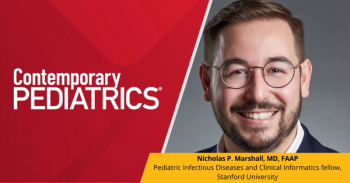
Nicholas P. Marshall, MD, FAAP, discussed how generative AI can help streamline infectious disease workflows and enhance evidence-based care at IDWeek 2025 in Atlanta.
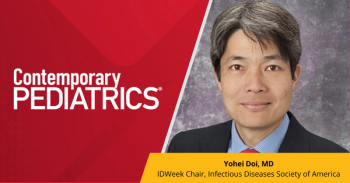
Yohei Doi, MD, IDWeek chair, Infectious Diseases Society of America, provides some insights on the happenings at this year’s event from Atlanta, Georgia.

* Generic lenacapavir could be produced for $25 per person per year at scale, according to an analysis presented at IDWeek 2025 in Atlanta.
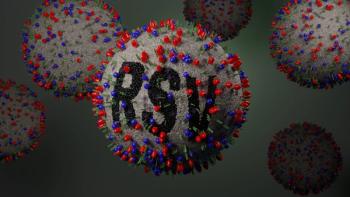
Combined or individual use of maternal RSVpreF and infant nirsevimab achieved high antibody levels without safety concerns, supporting current RSV prevention strategies.

IDWeek 2025 heads to Atlanta October 19–22 with cutting-edge sessions on AMR, AI, vaccines, HIV, pediatrics, and global health challenges.
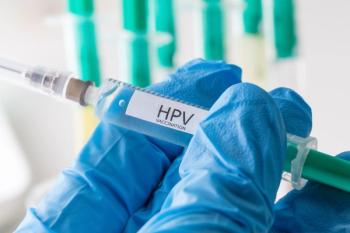
HPV vaccination in Brazil led to significant reductions in genital warts and cervical precancer hospitalizations, especially among those under 20 years of age.
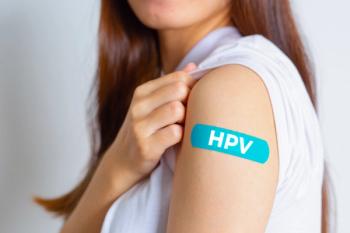
Panama’s switch to the 9-valent HPV vaccine promises greater protection and reduced cancer rates, preventing thousands of HPV-related cases and deaths.

Octavio Ramilo, MD, joins us to discuss new clesrovimab phase 2b/3 study data presented at IDWeek 2024 in Los Angeles, California.

There were no treatment or RSV-related deaths during the study.

At IDweek 2023, Flor Munoz, MD, MSc, provided an update on maternal Group B Streptococcus (GBS).
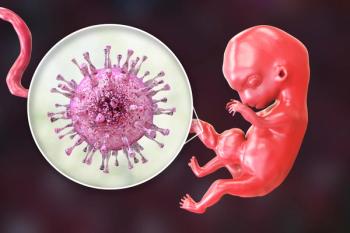
Vana Papevangelou, MD, PhD, presented current and upcoming strategies to prevent congenital cytomegalovirus (CMV) infections in neonates at IDWeek 2023.

For this highly infectious disease, a thoughtful and comprehensive approach to care and treatment are a necessity.

At IDWeek 2023, a presentation sharing the latest news in RSV vaccines.
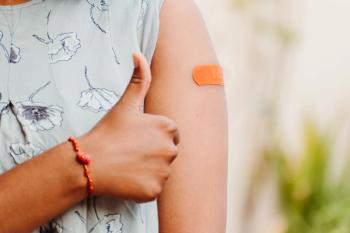
At IDWeek 2023, a session on how increased rates of the HPV vaccine have resulted in a decline in certain conditions and disease states.
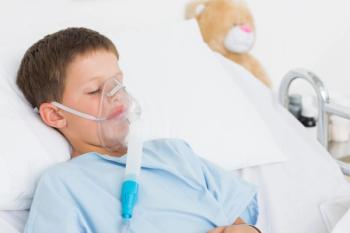
At IDWeek 2023, a presentation on the challenges to the diagnosis and management of VAIs in children.

At IDWeek 2023, updates on CLABSIs in the pediatric population.

At IDWeek 2023, a presenter shares his own studies on the impact of viral effects after infection.
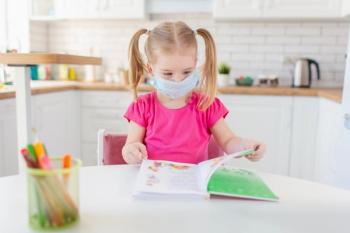
At IDWeek 2023, a presenter discusses the future of infection prevention from organ transplants in children.

At IDWeek 2023, several authors share a study on mother-infant pairs, evaluating for differences in rates of influenza infections in infants.

At IDWeek 2023, a discussion of the best end of therapy for Gram-negative neonatal meningitis.
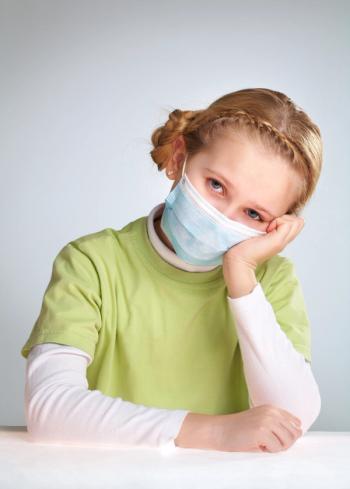
At IDWeek 2023, a session on TB, which remains a formidable foe in global pediatric health.

At IDWeek 2023, a presentation on the emotional and financial cost of climate change, and what clinicians can do right now to help.